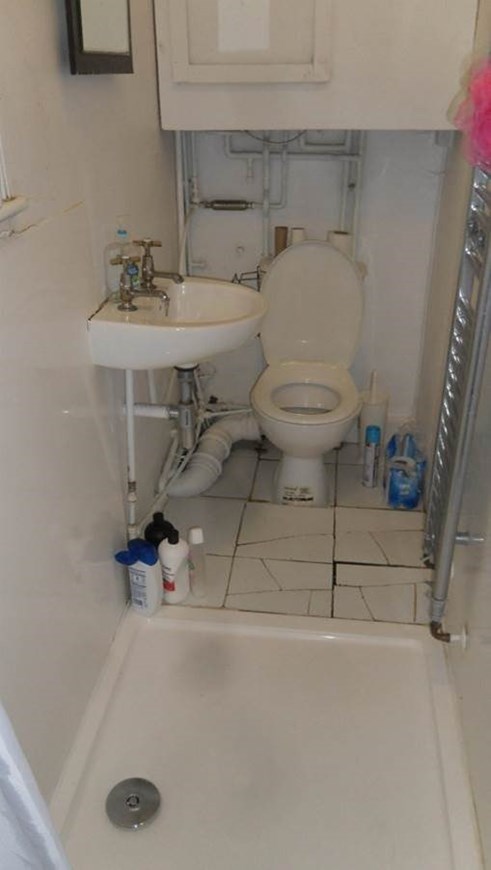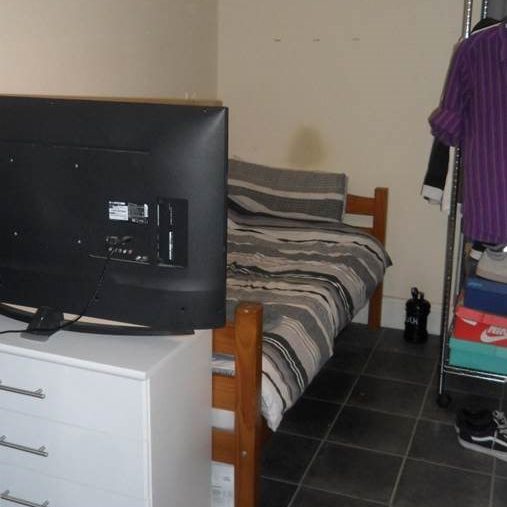Letting a property was never a difficult process, a landlord would advertise their property to let either privately or through a letting agent, the proposed tenant would be vetted and if suitable, would lodge their holding deposit, pay a proportion of the agreed rent upfront, sign a lease and move in. You could compare the process to that of the latter day dating agencies, matching one with another and Bob’s your uncle!
Buying a house now often requires the buyer to stump up a 20% deposit, which is a lot to find, particularly if you are a first time buyer and the bank of mum and dad isn’t always as accommodating as it once might have been and so for many looking to move, renting is the only viable option. However, current monthly rental figures are at record levels, lots more red tape to go through before being accepted as tenants and with the increase in demand for rented properties and the lack of available supply tenants often have to enter into a bidding war to secure the property. So what chance do the youngsters have these days of getting a foot on the property ladder and managing a secure future?
Take Rye as a prime example of how the market has forced the younger generation to move away, many homes in town are largely unoccupied for long periods, they may be second homes or investments or let as short / long term lets at levels many can’t afford, so moving to cheaper areas is often the only alternative.
A quick-fix solution has been the emergence of houses of multiple occupancy (HMOs) where a property is purchased by a landlord who, to maximise their return, converts the building to multiple bedsits. If a two bedroom house was offered to the market at say £850 per calendar month but that property was converted to five bedsits where tenants were being charged £370-£470 a month each, you can do the maths and you can see why so many landlords have jumped on the bandwagon. They are plugging a gap in the market, tenants are able to find affordable accommodation and everyone’s a winner, or are they?

Landlords letting HMOs need to have a licence, and the bedsits need to be certified as being safe. Failure to comply with these basic requirements puts the tenants at risk of harm and injury, and unscrupulous landlords often fail to meet their obligations. A local example of this has come to light this week where a landlord has been fined £12,000 after setting up unlicensed and unsafe apartments in Barrack Road in Bexhill.
Ryan Antony Otto, director of Otto Investments Ltd of Regent Street, London was fined by Hastings magistrates’ court for failing to licence a house in multiple occupation and failing to comply with two improvement notices issued by Rother District Council.
In 2018, the landlord was told he must apply for a house of multiple occupancy license for the property as it had five tenants, but his application was refused because the council deemed that he was not a fit and proper person. He was advised to reduce the number of tenants or find another person to manage the property but failed to do so.
Following a complaint from a tenant about the condition of the property in March 2021, Rother District Council officers inspected the property and served notices requiring him to make repairs and improvements to areas including a unfit toilet/shower cubicle and electrical installation that had not been inspected and tested.
At Hastings magistrates’ court on Tuesday, June 14 Mr. Otto was fined £6,000 for running an unlicensed HMO and £3,000 for breaching Rother District Council’s improvement notices. He was also ordered to pay a victim surcharge of £190 and cover the council’s costs which totalled £3,705.
Cllr Terry Byrne, the district council’s portfolio holder for housing said: “This prosecution is a good result for private tenants in Rother and for the council.
“It clearly shows that our officers have the expertise and the will to pursue and prosecute private landlords who offer unsafe and sub-standard accommodation for rent on the private market. We are committed to raising standards in this sector and have several schemes to help landlords achieve these. We always prefer to work with landlords but, if we do not get the required level of co-operation, we will prosecute.”
Tenants of unlicensed HMOs may be able to reclaim their rent by applying for rent repayment orders. Tenants can contact Citizens Advice for more information.
Rother District Council’s private sector housing team provides advice, information and support to landlords and tenants in a bid to improve the quality of privately rented properties in the district. For more information visit www.rother.gov.uk/environmental-health/private-rented-housing/.
Image Credits: Rother District Council .




It’s good to see unscrupulous landlords being fined for housing people in unsafe (and unsavoury) properties. We own an HMO, not in Rye but just over the border in Kent. Every 5 years we have a very strict inspection from the relevant council. Making sure all electrical appliances are PAT tested. Sinks etc are bonded and the property in generally safe. This inspection costs a considerable amount of money but at least we know that our tenants are living in a safe and decent environment. The fact most of our tenants are long term, one being with us for 33 years! So, yes, let’s applaud the fining of these bad landlords, the more the better.
Houses in Multiple Occupation have always been treated by government at all levels, as necessary but embarrassing and have been looked at with a blind eye.
As well as obvious cases where every available room is self contained, some underground and most without sanitation, the space available and risk of being trapped in fire are real issues, which can only be addressed with a new strong law.